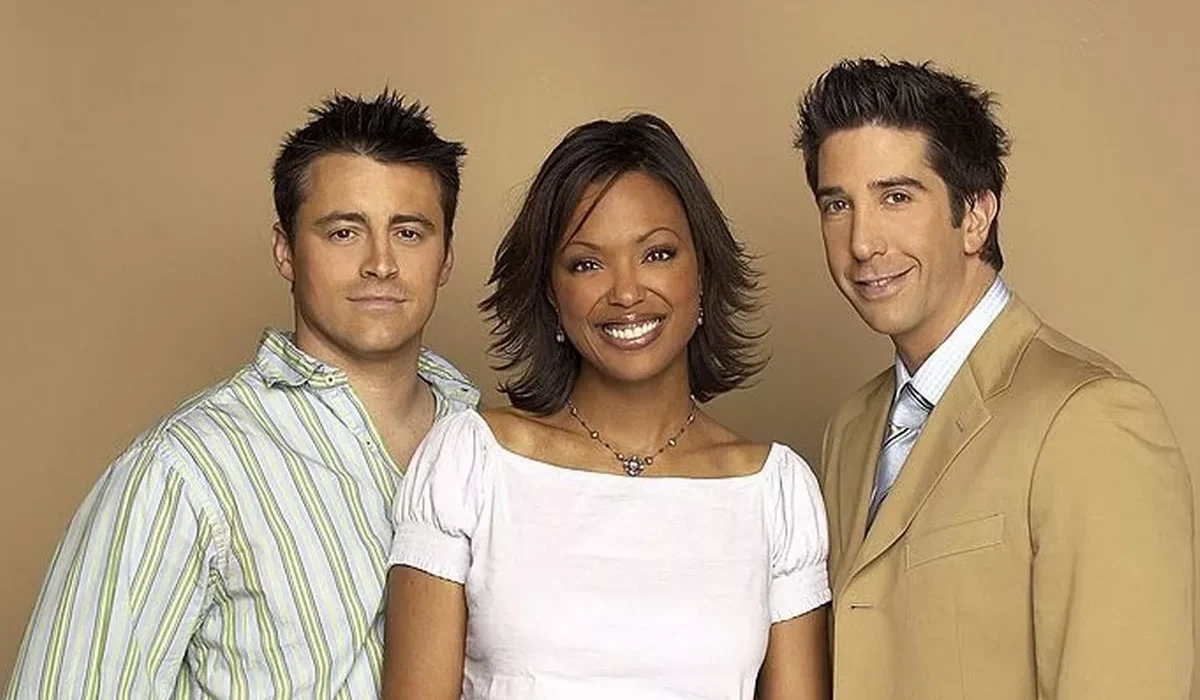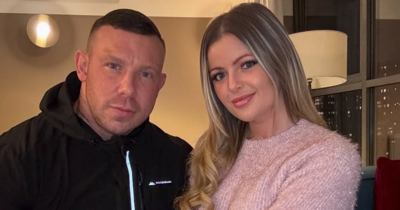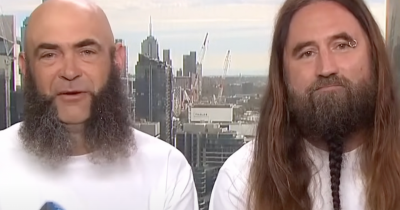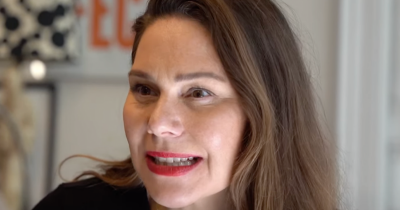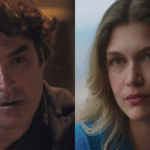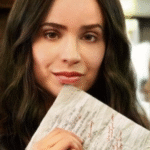Friends Actress Aisha Tyler Reflects on Lack of Diversity in Iconic Sitcom
By fypfeed — Movies & TV — January 9, 2025
While Friends marks its 30th anniversary the actor Aisha Tyler has shared her thoughts on her time on the iconic show and discussed the lengthy debates over the show’s inability to be diverse.
The NBC series that run from 1994 until 2004 was a series that included six close friends who navigated careers, love as well as adulthood New York City. The lighthearted show that focused on young people living in Manhattan ended up becoming an iconic and most popular sitcoms in the history of television. With an impressive 62 Primetime Emmy nominations, unending syndication agreements and a loyal fan base that has grown exponentially after the show’s end, Friends continues to influence pop culture three decades after.
But while the sitcom remains iconic, it has not escaped criticism–particularly over its homogenous casting.
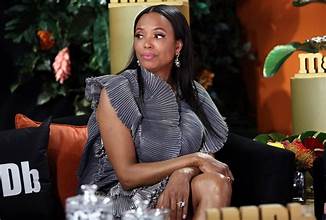
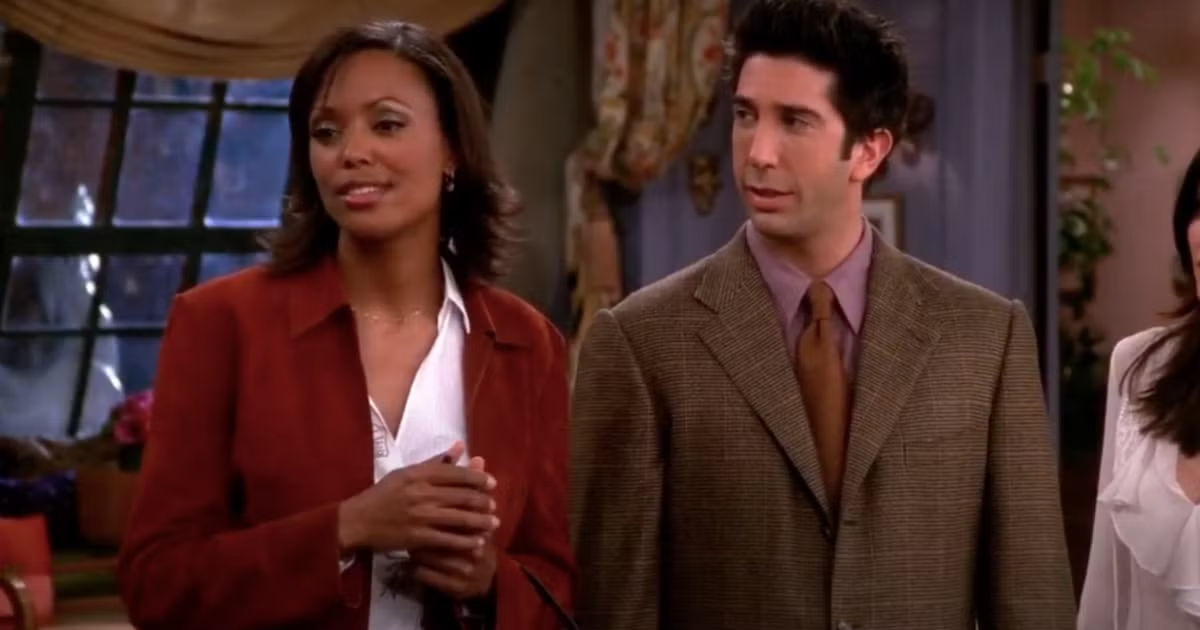
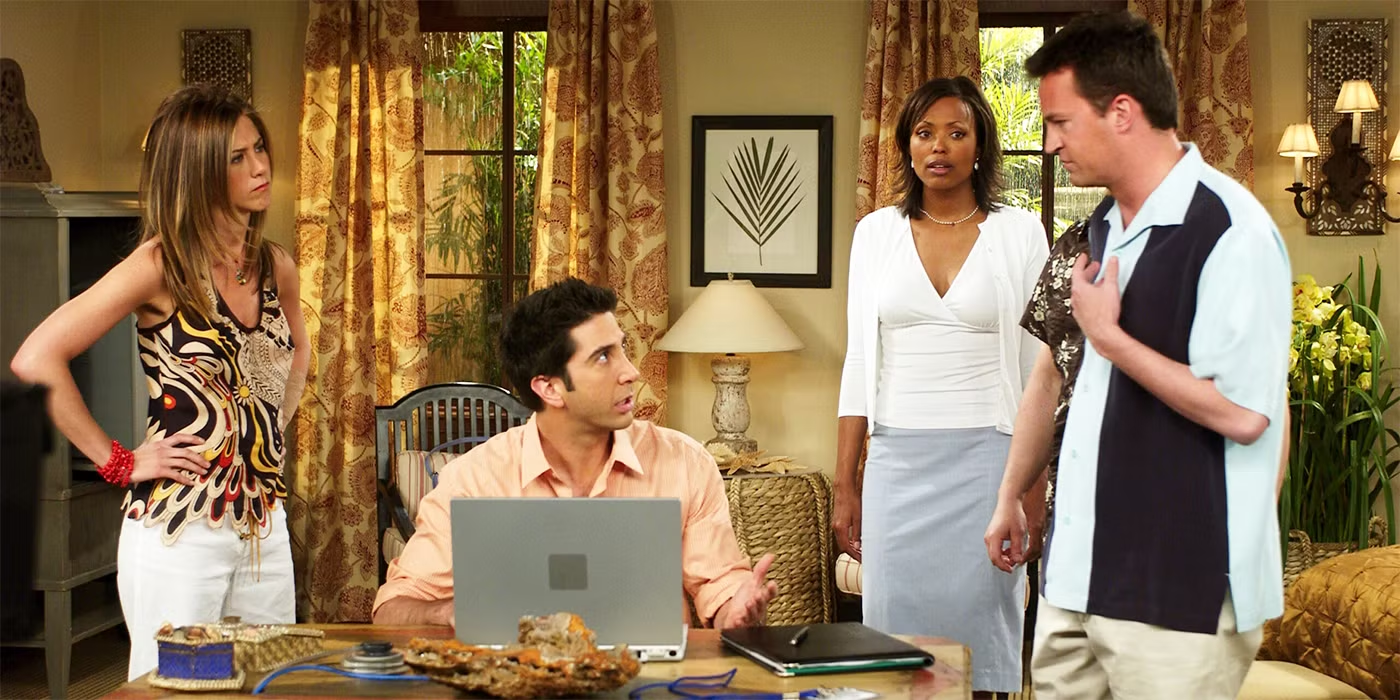
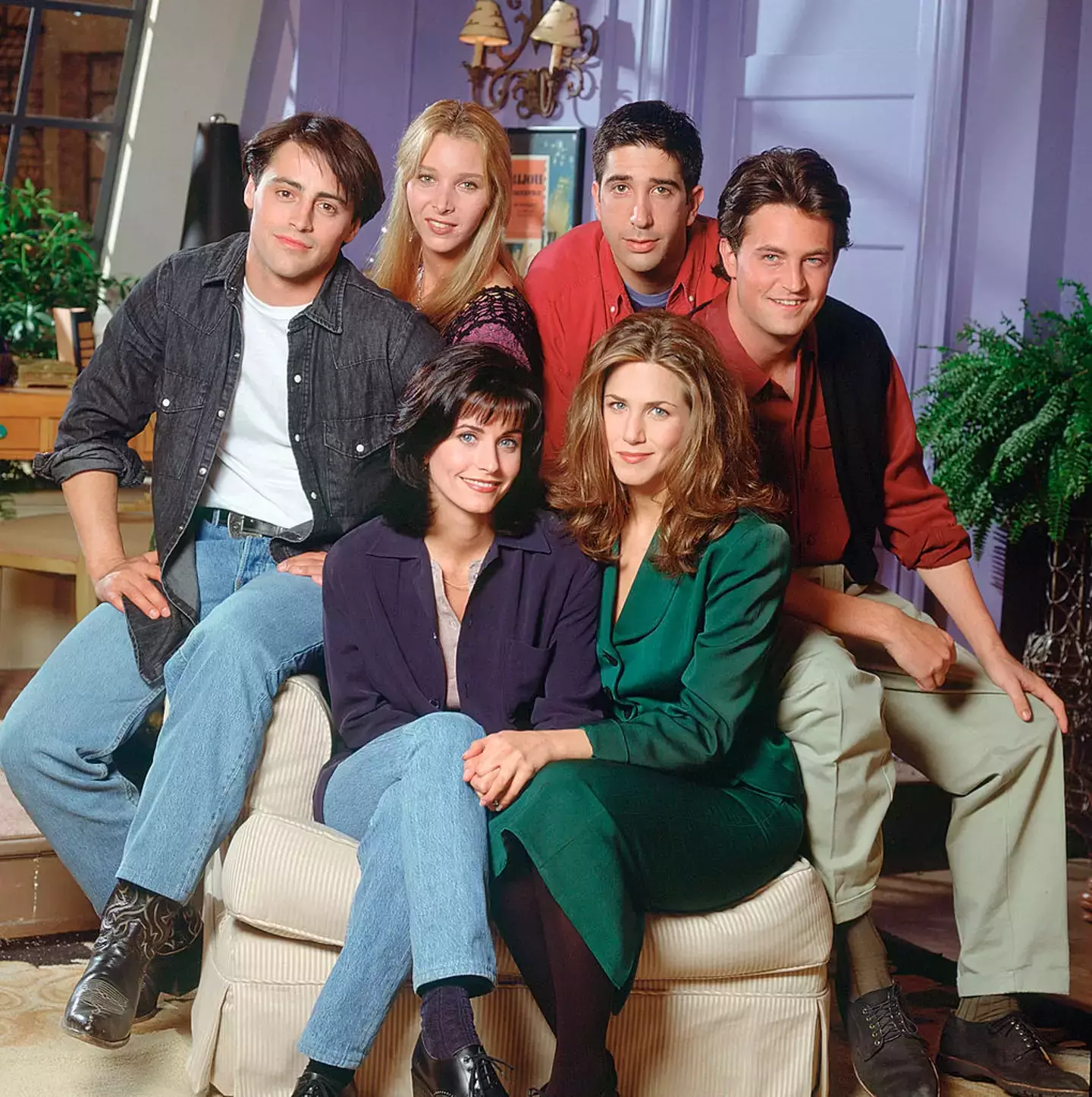
The Diversity Debate Surrounding Friends
It was set in New York City, which is one of the most diverse cities around the globe, Friends was criticized for its predominantly white cast. As per Insight Vacations that there are more than 67 percent of the population of NYC identify the following categories: African American, Hispanic, Latino or Asian however, the depiction of the city never reflected this reality.
Over the years, viewers are pointing out the lack of connection.
- “I always watched that show from a distance. It was situated in New York and everyone was white.”
- ” Friends literally took place in NYC, one of the most diverse places in the world.”
- “The show is very outdated now, it’s problematic.”
Many of the actors who appeared in the show acknowledged the flaw. The actor Adam Goldberg, who played the character of Chandler’s eccentric roommate Eddie and a snarky friend, called the absence of diversity “insane” in an interview with The Independent.
Goldberg said: “I’ve heard Black people speak about this and it’s like, you never expected to see yourself, so when you didn’t, it was not a surprise, and you ended up identifying with characters irrespective of their race.”
The criticism has also been reiterated from Marta Kauffman who is who was one of the creators. When speaking to The Los Angeles Times, Kauffman expressed her regrets: “I’ve learned a lot over the past two decades… admitting and accepting responsibility for your actions isn’t an easy task. I’m ashamed that I didn’t be aware of this 25 years ago. .”
Kauffman has been working to promote inclusion, even making a donation of 4 millions towards Brandeis University to fund its African and African American studies department.
Aisha Tyler’s Role on Friends
Despite its lack of diversity, Friends did end up casting Aisha Tyler as an part that was a regular which made her one of the the first Black actor to have a long plot on the series. Tyler played Dr. Charlie Wheeler, a paleontology professor who was romantically involved in a relationship with Ross (David Schwimmer) and then Joey (Matt LeBlanc).
Even though she only appeared in 9 seasons, Tyler left a lasting impression. The character’s intelligence, wit and her chemistry with the main cast made her make an impression in the show’s final seasons.
In an interview with Entertainment Tonight, Tyler recalled her nervousness when she first arrived on set “My knees throbbed. I was stunned that you couldn’t hear my teeth chirping all the period I was on set .”
She was reminded of the encouragement that she got by Matthew Perry, who was reassuring her in curtains calls. “He just leaned in and said, ‘Get ready for your life to change.'”
For Tyler her, the kindness of the cast helped her adjust to the spotlight: “I was terrified, just trying to keep it together.”
Behind the Scenes: Learning the Rhythm of Friends
As a long-time fan of the show, Tyler had already studied the show’s humor and distinctive rhythm. She outlined the reasons why the writing and style were different from other sitcoms.
“They were adept at changing things up and focusing on words in a different way than the normal conversations. They simply played of using words and delivering lines that were distinctive to the show. .”
The style she was familiar with made her feel comfortable and confidence, even as she entered into a cast who was already in place for more than 10 years.
Reflecting on Representation
In the past, Tyler has spoken candidly about the ways in which her work intersected with larger discussions concerning diversity in Friends.
Interview with The Independent, she emphasized that her concerns regarding representation were not just a matter of retrospectives; they were present throughout the original run of the show.
“It wasn’t like people only looked back later and said, ‘Wait a minute.’ No, at the time, people talked quite a bit about the fact that, for a show set in the heart of Manhattan, it really lacked diversity.”
But the absence of social media during the early 2000s and in the 1990s made it difficult for these discussions to get the mass-scale attention they could in the present.
Tyler has also addressed Hollywood’s long-standing prejudices: “That’s just been the attitude in Hollywood for a long time–that only white stories sold.”
David Schwimmer’s Advocacy
Tyler has praised David Schwimmer, who was the character Ross Geller, for using his influence to promote more diverse casting. Schwimmer himself has admitted that he encouraged producers to make more diverse casting and even suggested that his character should date women of colour.
This action led to Tyler’s casting, which is an important event in the history of the show–even the fact that it occurred later in the series.
The Lasting Legacy of Friends
The moment that Friends is turning 30 years old, its legacy is being reviewed using a new lens. As millions of viewers continue to tune in to shows that are reruns or streamed through platforms like Max and Netflix discussions about representation reveal how TV has advanced and how far it’s got to go.
For Tyler the experience has been equally rewarding and bittersweet. She reflects on the generosity of her co-stars as well as the excitement of being a part of an show she loved and is also aware of the structural limitations that limit the number of characters on screen.
Her thoughts serve as an celebration of the progress made as well as an reminding of the work that is still required to be done in Hollywood to present tales that show the variety of the real world.
Conclusion
Aisha Tyler’s stint in Friends has been short however, it was an important. The only Black regular cast member on the show’s ten-year run her character continues to be a symbol for both the successes and weaknesses of one of the most popular sitcoms.
Her reflections, and the thoughts of co-stars, fans and the creators, highlight an important fact: even the most famous show can have flaws. As the industry continues to evolve it is clear that the history of Friends is not only about nostalgia and laughter, but as well about education, accountability and the constant campaign for an inclusive and diverse storytelling.


